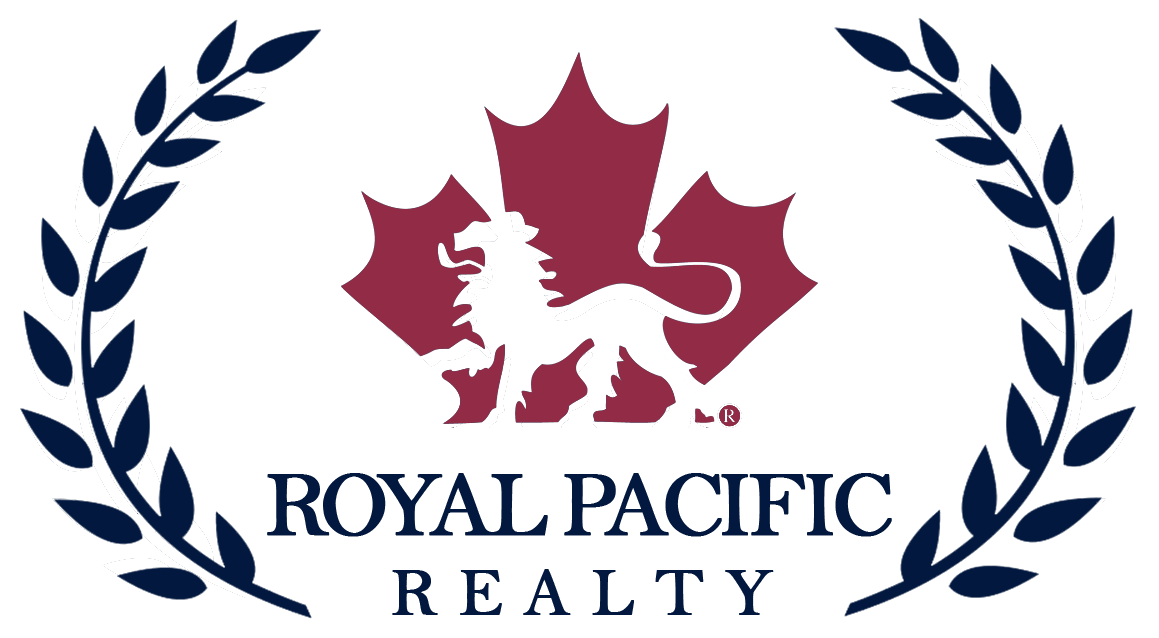Vancouver Housing Market Analysis
- Sep 11, 2023
Several factors are driving the Vancouver housing market. Firstly, the city's strong economy and high employment rates attract people from across the country and worldwide...
Introduction
Vancouver, a city known for its breathtaking landscapes and vibrant culture, is also recognized for its dynamic housing market. The city's housing market is a complex interplay of various factors, including economic conditions, population growth, and government policies. This article analyzes Vancouver's housing market in-depth, exploring its current state, key drivers, challenges, and future prospects.
Current State of the Vancouver Housing Market
Vancouver's housing market is characterized by its resilience and diversity. Despite global economic uncertainties, the market has grown robustly, driven by strong demand for residential properties. The market is segmented into detached homes, townhouses, and condominiums, each with unique dynamics and trends. Detached homes are highly sought after for their privacy and spaciousness, while condominiums are popular among first-time buyers and investors due to their affordability and convenience.
Key Drivers of the Vancouver Housing Market
Several factors are driving the Vancouver housing market. Firstly, the city's strong economy and high employment rates attract people from across the country and worldwide, fueling demand for housing. Secondly, Vancouver's high quality of life, including its excellent education and healthcare systems, clean environment, and recreational opportunities, make it a desirable place to live.
Thirdly, the city's robust infrastructure development, including public transit and community amenities, enhances the attractiveness of its neighbourhoods. Lastly, the low-interest-rate environment has made mortgages more affordable, encouraging more people to invest in real estate.
Have you checked out Elle by polygon?
Challenges in the Vancouver Housing Market
Like any market, Vancouver's housing market also faces its share of challenges. Affordability is a significant concern, with property prices being relatively high compared to the national average. However, this also presents an opportunity for investors looking for high returns.
Another challenge is the limited land supply for new developments, increasing competition for available properties. On the flip side, this scarcity of land can drive up property values, benefiting homeowners and investors.
Future Prospects of the Vancouver Housing Market
Vancouver's housing market is expected to maintain its upward trajectory. The city's strong fundamentals, including its robust economy, high quality of life, and attractive investment opportunities, will likely continue driving property demand.
While challenges such as affordability and limited land supply persist, innovative solutions such as vertical development and affordable housing initiatives are being explored to address these issues. As such, the future of Vancouver's housing market looks promising.
Investment Opportunities in the Vancouver Housing Market
Vancouver's housing market offers a plethora of investment opportunities. The city's strong rental market, driven by its high population growth and limited housing supply, provides attractive prospects for rental property investors. The high demand for luxury properties, particularly waterfront homes and penthouses, also offers lucrative opportunities for high-end property investors.
Investors can also explore opportunities in emerging neighbourhoods. These areas, often characterized by new infrastructure developments and community amenities, will likely see significant property value appreciation in the future. Furthermore, the city's robust condo market, driven by its affordability and convenience, offers excellent prospects for investors targeting first-time buyers and urban professionals.
Government Policies and Their Impact on the Vancouver Housing Market
Government policies play a crucial role in shaping Vancouver's housing market. The city's government has implemented various measures to ensure the market's stability and affordability. These include property taxes, zoning regulations, and affordable housing initiatives.
For instance, the Empty Homes Tax, implemented to address the city's housing affordability issue, has encouraged the availability of more rental properties. On the other hand, zoning regulations have been used to promote the development of diverse housing options, including townhouses and duplexes, in traditionally single-family neighbourhoods.
Read more: How to Find a House in Canada
The Role of Technology in the Vancouver Housing Market
Technology is playing an increasingly important role in Vancouver's housing market. Real estate technology, or PropTech, transforms how properties are bought, sold, and managed. From virtual property tours and online property listings to digital mortgage applications and smart home technology, PropTech is enhancing the efficiency and convenience of real estate transactions.
Moreover, data analytics is being used to provide more accurate property valuations and market forecasts, helping buyers, sellers, and investors make informed decisions. As such, the adoption of technology is expected to continue shaping the future of Vancouver's housing market.
Sustainability and the Vancouver Housing Market
Sustainability is a key trend in Vancouver's housing market. The city is known for its green initiatives and commitment to sustainable development. Its housing landscape reflects this, with many properties featuring eco-friendly designs and technologies.
Sustainable features are becoming increasingly common in Vancouver's properties, from energy-efficient buildings and green roofs to rainwater harvesting systems and electric vehicle charging stations. This helps reduce the city's housing sector's environmental impact and enhances its properties' appeal and value.
FAQs
1. What investment opportunities does the Vancouver housing market offer?
The Vancouver housing market offers a range of investment opportunities, including investment in rental properties, luxury homes, properties in emerging neighbourhoods, and condos.
2. How do government policies impact the Vancouver housing market?
Government policies, such as property taxes, zoning regulations, and affordable housing initiatives, are crucial in shaping the Vancouver housing market.
3. What role does technology play in the Vancouver housing market?
Technology is transforming the Vancouver housing market by enhancing the efficiency and convenience of property transactions, providing more accurate property valuations and market forecasts, and promoting the adoption of smart home technology.
4. How is sustainability reflected in the Vancouver housing market?
Sustainability is a key trend in the Vancouver housing market, with many properties featuring eco-friendly designs and technologies.
5. What are the key drivers of the Vancouver housing market?
The key drivers of the Vancouver housing market include the city's strong economy, high quality of life, robust infrastructure development, and low-interest-rate environment.
6. What are the main challenges in the Vancouver housing market?
The main challenges in the Vancouver housing market are affordability and limited land supply for new developments.
7. What are the future prospects of the Vancouver housing market?
The future prospects of the Vancouver housing market are positive, with strong fundamentals expected to continue driving demand for properties. Challenges such as affordability and limited land supply are being addressed through innovative solutions.


 فارسی
فارسی
 English
English





